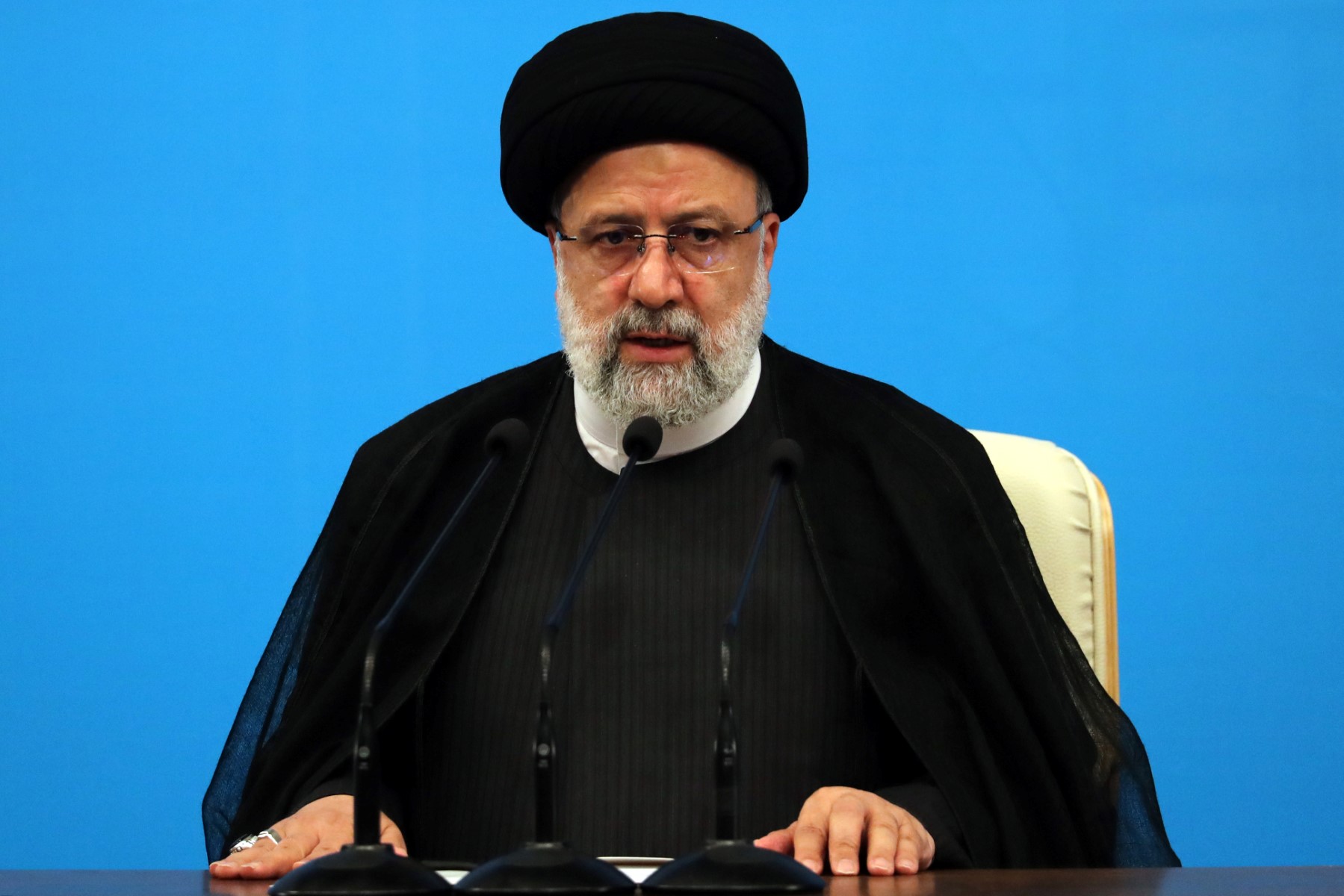Dubai, UAE – Iranian President Ebrahim Raisi, ahead of his visit to Moscow, has emphasized the importance of the North-South transport corridor project as a key topic in his upcoming bilateral talks with Russian President Vladimir Putin, TASS reported, citing Iran’s IRNA news agency.
Speaking at Tehran’s Mehrabad airport before departing for Russia, Raisi indicated that both Iran and Russia are eager to accelerate the construction of this significant transport project.
He expressed his belief that Russian-Iranian cooperation has further potential for growth, beyond their existing partnerships within the Eurasian Economic Union (EAEU), Shanghai Cooperation Organization (SCO), and BRICS.
A critical agenda item for Raisi’s Moscow visit is the situation in Palestine. “One of the important topics of negotiations between Iran and Russia is Palestine and immediate efforts to stop the bombing of the Gaza Strip,” Raisi stated, addressing concerns about the region’s stability.
The Kremlin press service confirmed that the discussions between Putin and Raisi will cover various subjects, including trade and economic cooperation, focusing on transport and energy sectors, and critical international and regional issues.
The leaders last met in September 2022 at the SCO summit in Samarkand, Uzbekistan, where they noted the alignment of their positions on many international matters and the continued development of their bilateral cooperation.
The North-South transport corridor, a project initiated by Russia, India, and Iran in 2000, aims to redirect cargo traffic from India, Iran, and the Persian Gulf states through Russian territory to European markets. This route promises to cut the distance and costs of transportation significantly compared to the maritime route through the Suez Canal. Currently, 14 countries are part of this agreement, which integrates various transportation systems.
In addition, the EAEU and Iran are expected to sign a free trade agreement soon, marking a significant step in Russian-Iranian relations. The two countries have maintained a preferential trade regime since a temporary agreement in 2018.
Highlighting the growing trade relations, Putin announced that the trade turnover between Moscow and Tehran had increased by 20 percent last year, reaching nearly $5 billion. He noted the development of various sectors, including energy and education, and the progress in infrastructural projects like the North-South railway.
Raisi also acknowledged the positive trajectory of Tehran-Moscow cooperation, mentioning advancements in energy, agriculture, and education, along with university exchanges. He anticipates that the current talks will unlock new potential for bilateral relations.
The strengthening ties between Iran and Russia, especially in the backdrop of the North-South transport corridor and other economic collaborations, demonstrate a significant shift in regional dynamics and the potential for enhanced connectivity between Asia and Europe.

